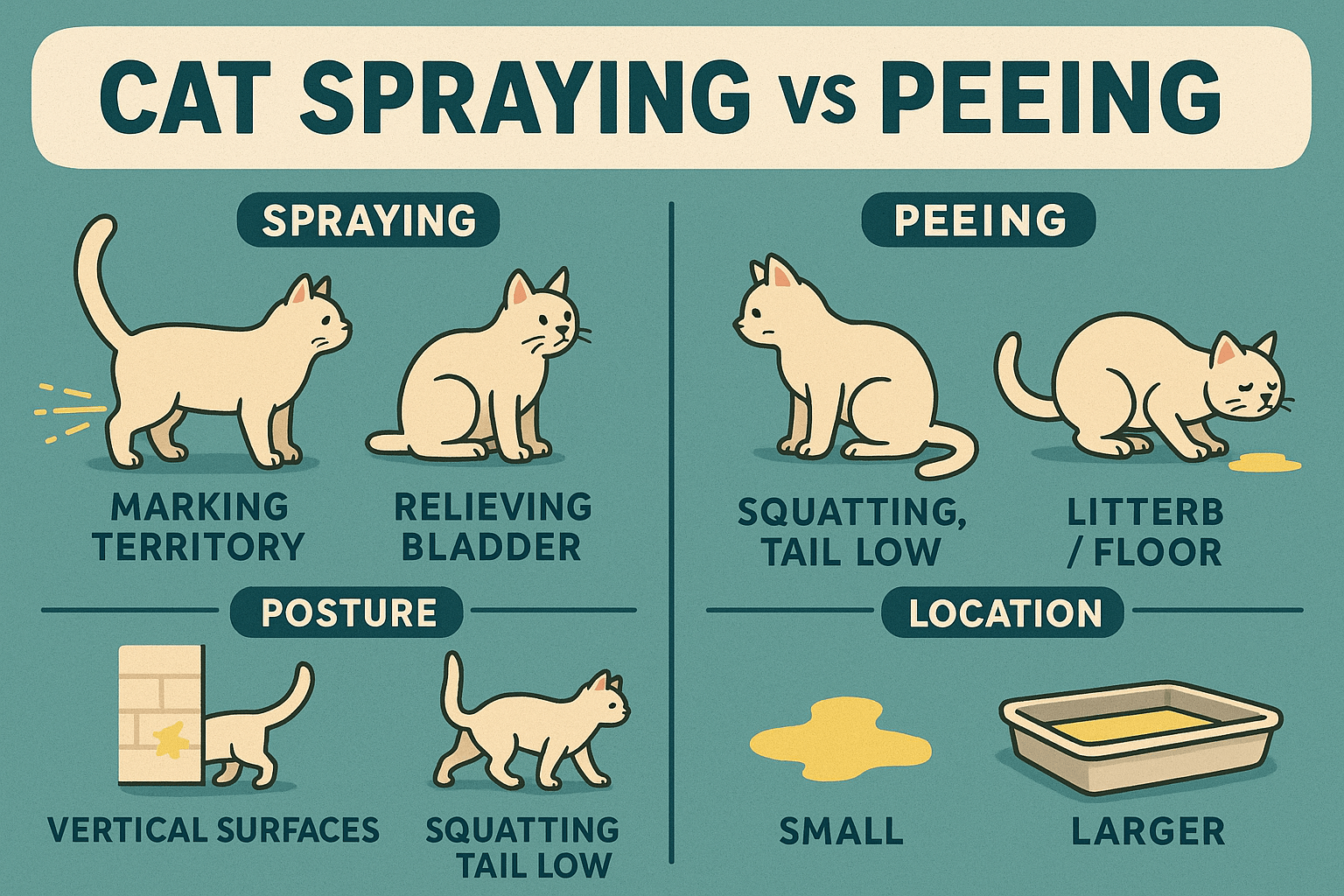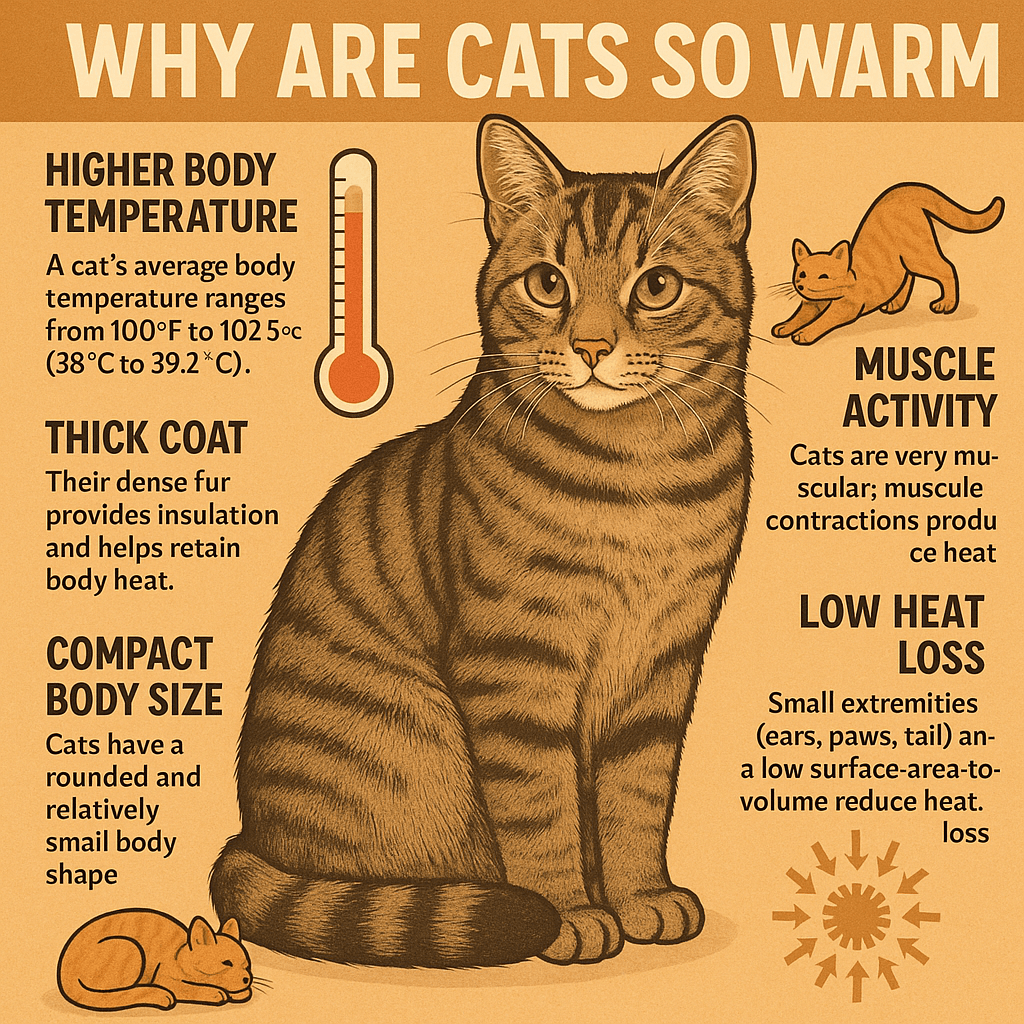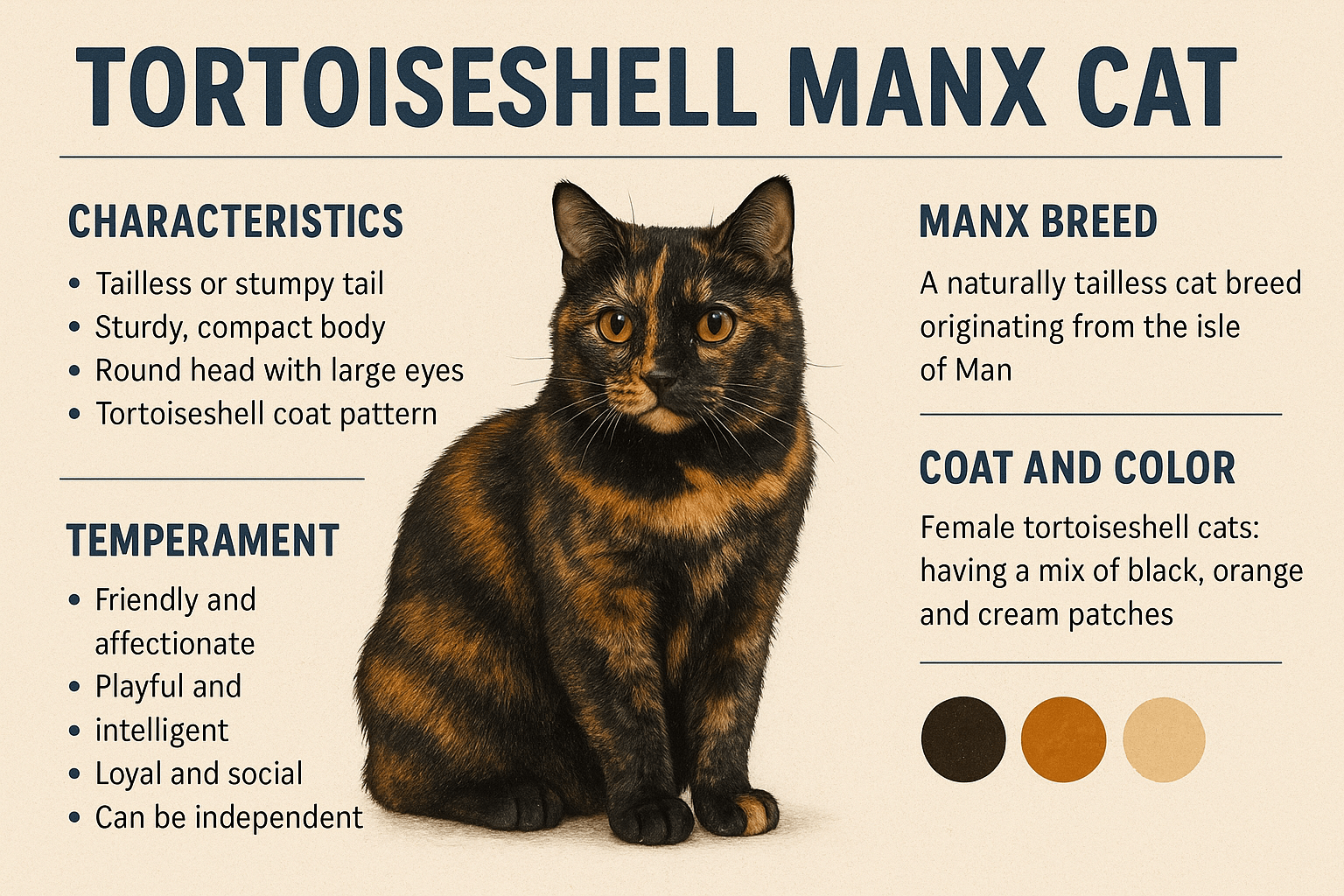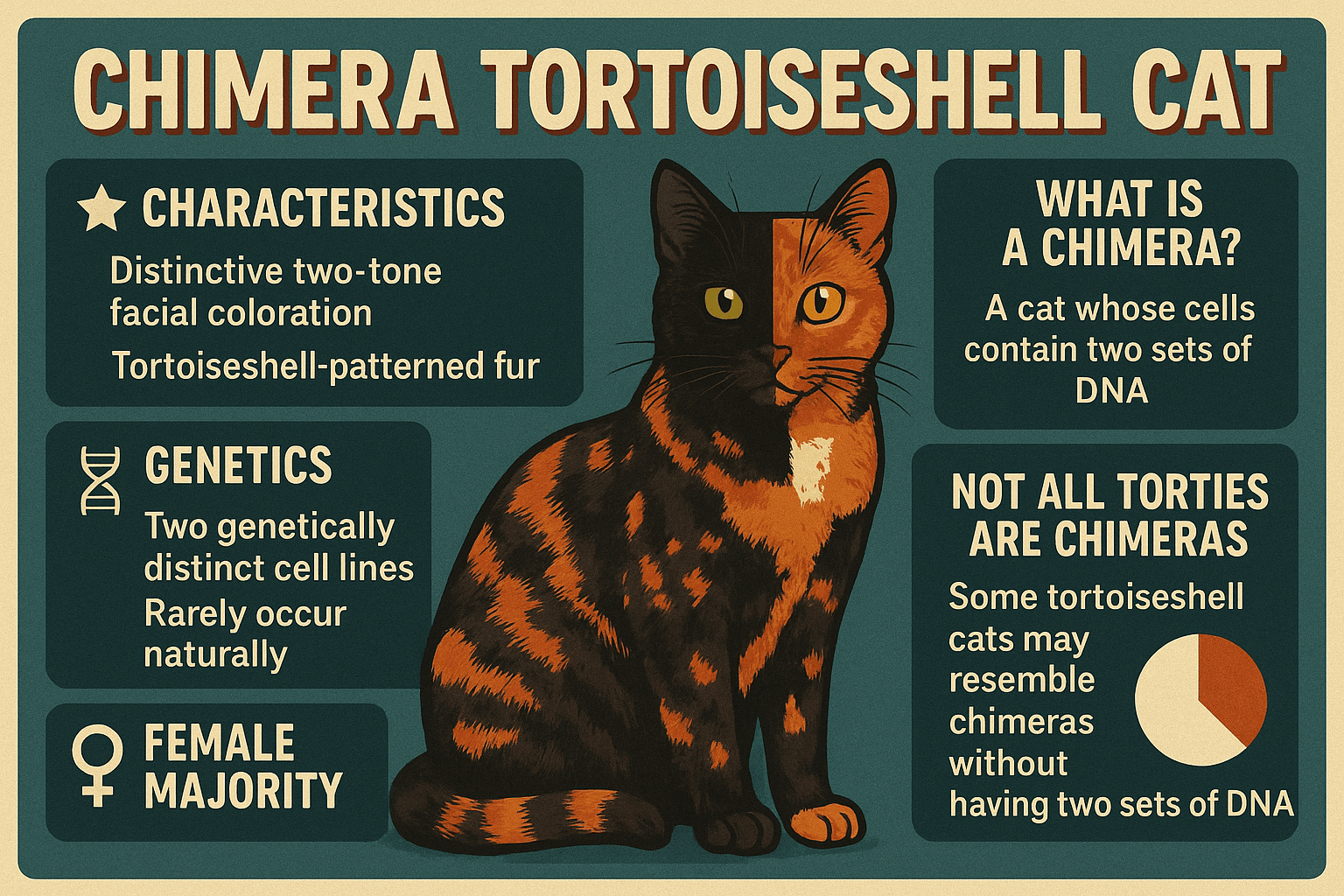Cat Spraying vs Peeing: Understanding the Difference
When it comes to feline behavior, few things are as puzzling—or frustrating—for cat owners as dealing with inappropriate elimination. Whether your cat is spraying or peeing outside the litter box, both behaviors can leave you wondering what’s going on. While these actions might seem similar at first glance, they stem from very different motivations and require distinct approaches to address. Understanding the difference between cat spraying and peeing is the first step toward resolving the issue and restoring harmony in your home. Let’s dive into the nuances of these behaviors and explore how to manage them effectively.
Key Differences Between Cat Spraying and Peeing
To tackle the problem, it’s essential to recognize whether your cat is spraying or simply peeing outside the litter box. These behaviors have distinct characteristics that set them apart.
Spraying is Marking Territory:
Spraying is a form of communication used by cats to mark their territory. It involves releasing a small amount of urine onto vertical surfaces like walls or furniture.Peeing is Elimination:
Peeing, on the other hand, is a natural bodily function meant for emptying the bladder. When done outside the litter box, it’s often a sign of an underlying issue.Body Posture Matters:
Cats typically stand upright and back up to a surface while spraying, whereas peeing usually involves squatting in a more relaxed position.Volume of Urine Differs:
Spraying releases only a small amount of urine, while peeing involves a larger volume intended for full bladder relief.Motivation Behind the Behavior:
Spraying is often linked to stress, territorial disputes, or mating instincts, while peeing outside the box may indicate medical problems or dissatisfaction with the litter setup.
Understanding these differences helps you identify the root cause and take appropriate steps to address the issue.
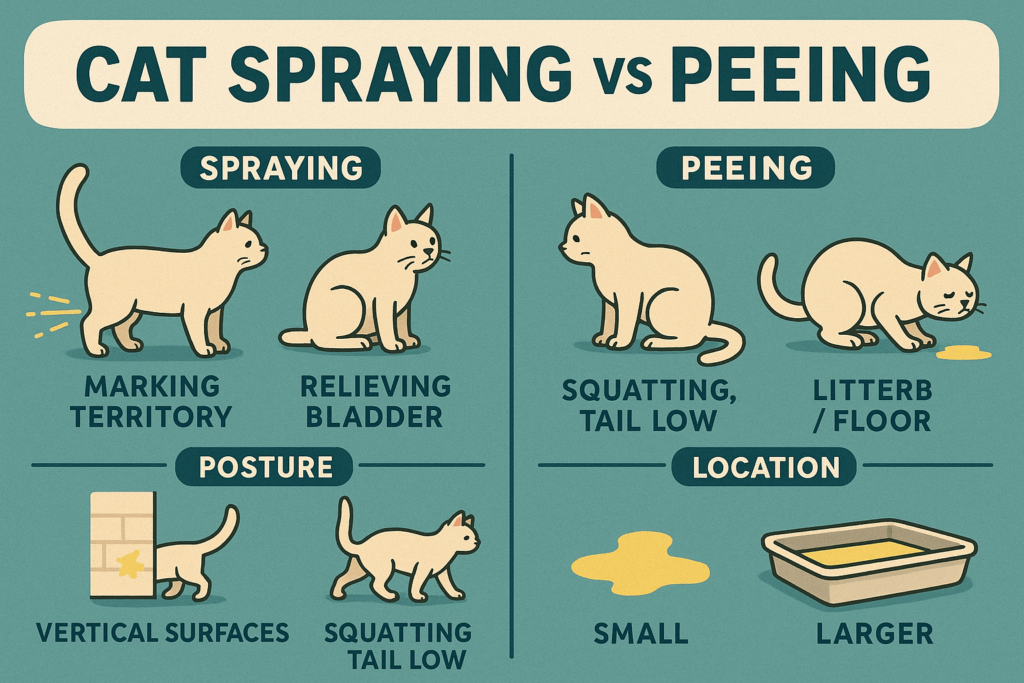
Common Causes of Cat Spraying
Spraying is a behavior that can be triggered by various factors, often related to your cat’s environment or emotional state. Identifying the cause is crucial for finding a solution.
Territorial Anxiety:
Cats are territorial creatures, and spraying is a way to assert dominance or defend their space, especially in multi-cat households.Stress or Changes in Routine:
Major life changes, such as moving house, introducing a new pet, or rearranging furniture, can lead to stress-induced spraying.Mating Behavior:
Unneutered cats are more likely to spray as a way to attract mates or signal their availability.Competition with Other Cats:
Tension between cats, whether inside or outside the home, can trigger spraying as a means of establishing boundaries.Lack of Environmental Enrichment:
Boredom or insufficient stimulation can cause cats to act out through spraying.
Addressing these triggers can help reduce or eliminate spraying behavior, improving your cat’s well-being and your peace of mind.
Check this guide 👉How Long Does Cat Spray Smell Last? Best 7 Expert Tips!
Check this guide 👉What Does Cat Spray Look Like on Walls? Best 7 Tips!
Check this guide 👉What Does Cat Spray Smell Like? Best 7 Expert Tips!
Signs Your Cat Is Spraying | Signs Your Cat Is Peeing Outside the Box |
|---|---|
Small amounts of urine on vertical surfaces | Large puddles of urine on horizontal surfaces |
Backing up to walls or furniture | Squatting fully to relieve bladder |
Strong-smelling urine | Normal or slightly diluted urine odor |
Often occurs in multi-cat households | May indicate medical issues like UTIs |
Linked to stress or territorial marking | Could signal dissatisfaction with litter box |
How to Address Cat Spraying Behavior
Once you’ve determined that your cat is spraying, there are several strategies you can use to curb this behavior and restore harmony in your home.
Neuter or Spay Your Cat:
Neutering eliminates hormonal triggers for spraying, significantly reducing the likelihood of this behavior.Reduce Stressors:
Identify and minimize sources of stress, such as loud noises, unfamiliar guests, or conflicts with other pets.Provide Safe Spaces:
Create designated areas where your cat feels secure, such as cozy hiding spots or elevated perches.Use Pheromone Diffusers:
Products like Feliway mimic calming pheromones, helping to ease anxiety and discourage spraying.Clean Affected Areas Thoroughly:
Use enzymatic cleaners to remove lingering scent marks, preventing your cat from returning to the same spot.
By addressing the root causes and implementing these solutions, you can effectively manage and reduce spraying behavior.
How to Handle Inappropriate Peeing
If your cat is peeing outside the litter box, it’s important to investigate potential causes and make necessary adjustments to encourage proper elimination habits.
Rule Out Medical Issues:
Consult your veterinarian to check for urinary tract infections, bladder stones, or other health conditions that could be causing discomfort.Evaluate Litter Box Setup:
Ensure you have enough litter boxes (one per cat plus one extra), and place them in quiet, accessible locations.Experiment with Litter Types:
Some cats prefer certain textures or scents of litter. Try switching brands or types to see what your cat likes best.Maintain Cleanliness:
Scoop the litter box daily and change the litter completely at least once a week to keep it fresh and inviting.Observe Behavioral Patterns:
Note when and where your cat is peeing to identify patterns or triggers that may need addressing.
Taking these steps can help resolve inappropriate peeing and encourage your cat to use the litter box consistently.
Tips for Managing Multi-Cat Households
Living with multiple cats can increase the likelihood of spraying or peeing issues. Here are some tips to maintain a peaceful household.
Introduce Cats Gradually:
Allow new cats to acclimate slowly to avoid overwhelming existing pets and triggering territorial disputes.Provide Separate Resources:
Ensure each cat has access to their own food, water, litter box, and sleeping area to reduce competition.Monitor Interactions:
Watch for signs of tension or aggression between cats and intervene early to prevent escalation.Encourage Positive Associations:
Reward calm interactions with treats or playtime to foster a friendly dynamic among your cats.Create Vertical Space:
Install shelves or cat trees to give cats opportunities to retreat and establish personal territories.
By managing resources and fostering positive relationships, you can minimize spraying and peeing issues in multi-cat homes.
Signs Your Cat May Be Stressed
Stress is a common trigger for both spraying and peeing behaviors. Recognizing the signs of stress can help you address the root cause before it escalates.
Changes in Eating Habits:
A stressed cat may eat less or overeat, depending on their personality and coping mechanisms.Excessive Grooming:
Over-grooming can lead to bald patches or irritated skin, signaling anxiety or discomfort.Hiding More Than Usual:
Cats often retreat to secluded spaces when feeling overwhelmed or unsafe.Aggression Toward People or Pets:
Sudden displays of aggression may indicate underlying stress or fear.Vocalizing More Frequently:
Increased meowing, growling, or hissing can be a cry for attention or a sign of distress.
Identifying these signs allows you to intervene early and create a calmer environment for your cat.
Preventative Measures for Future Success
Preventing spraying or peeing issues starts with proactive measures that promote a happy, healthy cat. These strategies can help you stay ahead of potential problems.
Regular Vet Check-Ups:
Routine visits catch health issues early, ensuring your cat remains comfortable and free of pain-related behaviors.Environmental Enrichment:
Provide toys, scratching posts, and interactive play sessions to keep your cat mentally stimulated and physically active.Consistent Routine:
Cats thrive on predictability. Stick to a regular schedule for feeding, playtime, and cleaning to reduce stress.Positive Reinforcement:
Reward good behavior with treats, praise, or affection to reinforce desirable habits and build trust.Monitor Household Dynamics:
Keep an eye on interactions between pets and family members to ensure everyone feels safe and respected.
By staying vigilant and proactive, you can minimize the risk of spraying or peeing issues and enjoy a harmonious home with your feline friend.
Frequently Asked Questions About Cat Spraying and Peeing
Why is my neutered cat still spraying?
Even neutered cats may spray due to stress, territorial disputes, or environmental changes. Addressing these factors can help.
How do I know if my cat has a urinary tract infection?
Symptoms include frequent urination, straining to pee, blood in urine, or vocalizing during elimination. Contact your vet if you notice these signs.
Can multiple cats share one litter box?
No—cats prefer privacy. Provide one litter box per cat plus an additional one to prevent competition and accidents.
Will cleaning sprayed areas stop the behavior?
Cleaning removes scent markers but won’t stop spraying entirely unless the underlying cause is addressed.
What should I avoid using to clean sprayed areas?
Avoid ammonia-based cleaners, as they mimic the smell of urine and may encourage repeat spraying.
Restoring Balance Through Understanding
Dealing with cat spraying or peeing outside the litter box can be challenging, but understanding the differences between these behaviors is key to resolving them. By identifying the root causes, making necessary adjustments, and seeking professional guidance when needed, you can create a harmonious environment for both you and your feline companion. Remember, patience and consistency are essential—your cat relies on you to provide the care and support they need to thrive. With the right approach, you can overcome these challenges and strengthen your bond along the way.
Why Are Cats So Warm? Best 7 Expert Tips! Discover the science behind your cat’s cozy warmth, how they regulate their temperature, and expert advice to keep them comfortable year-round.
Why Are Cats So Warm? If you’ve ever cuddled up with a cat, you’ve likely noticed how warm they feel against …
Tortoiseshell Manx Cat: Best 7 Expert Tips! Discover expert advice on caring for this unique breed, from health and grooming to personality insights. Perfect for cat lovers!
Chimera Tortoiseshell Cat: Best 7 Expert Tips! Discover the unique traits, care needs, and fascinating facts about chimera tortoiseshell cats to better understand these rare feline wonders.

